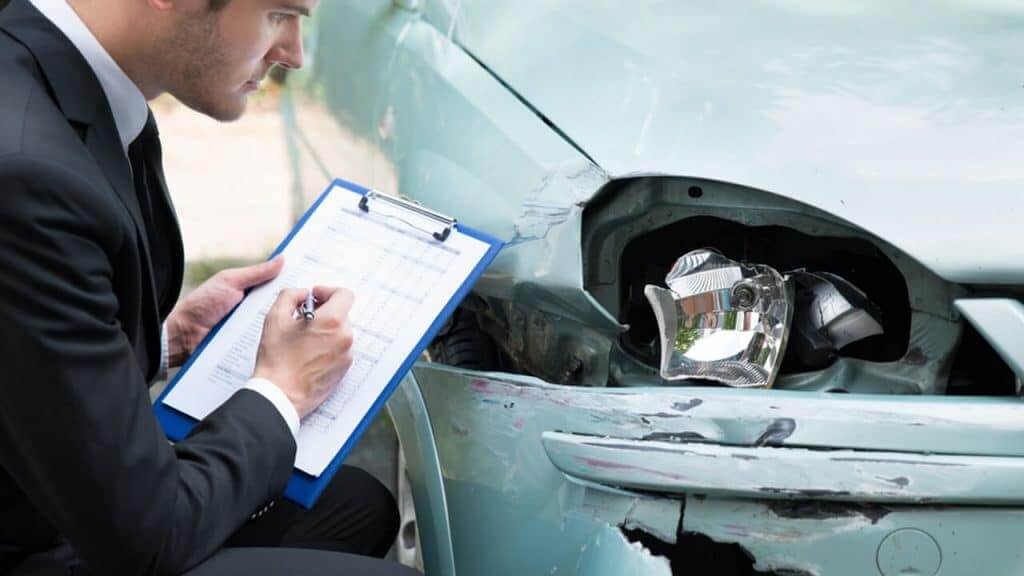Quick and simple insurance
It was so simple to get insurance. Clear and easy guidance insured within minutes which allowed peace of mind when picking up new car on a weekend.
Yesterday
Insurance Excess is a phrase you’re bound to have come across if you’ve ever purchased insurance before – but what exactly does it mean, and what impact does your excess have on the price of the policy?
To help you answer all the questions you’ve ever needed answering about car insurance excess, we’ve put together this handy guide.
Car insurance excess is a pretty simple and straightforward idea, at least compared to some parts of insurance. Essentially, your excess is a set amount of money that you, as the policyholder agrees to pay towards the total cost of an insurance claim.
There are two different types of insurance excess, voluntary excess and compulsory excess.
The obvious difference between the two is that the compulsory excess is well, compulsory! You must pay this amount; however, your voluntary excess doesn’t need to be included if you don’t want. It’s quite common to have a voluntary excess of £0.
The compulsory excess amount is set by the insurer and can’t be changed – this amount is usually the same amount for all drivers, however, younger drivers under 25 may find they have to pay either an increased excess or an additional ‘young driver excess’.
You may wonder why anyone would choose to pay more towards the cost of a claim, however, it’s commonly known that by increasing the amount you’re willing to pay voluntarily, you’ll reduce the overall cost of your premium.
To calculate your total excess amount, you simply add your compulsory excess to your voluntary excess. If, for example, you have a compulsory excess amount of £500 and you choose to set your voluntary excess at £250, you will have to pay £750 towards the total cost the claim.

As we mentioned above, a larger voluntary excess usually means a reduced overall premium. Many drivers who think they’re unlikely to have an accident, and therefore make a claim, will take the risk and massively increase their voluntary excess to cut the cost of their premium.
You can realistically save hundreds of pounds on your car insurance premium, however, remember that accidents can happen to anyone and you will still have to pay the full excess amount.
If you have increased your excess to £1,000 to save yourself some money, you need to make sure you at some point have that money in the event of an accident. If you don’t have the money when you come to make a claim, the insurer can deduct the amount owed from what they’re willing to pay or refuse your claim entirely.
You should always ensure you have enough money to pay for the excess before purchasing the policy.
Yes, you may still need to pay both your compulsory and voluntary excess towards the cost of the repairs. That being said, you can claim back the cost of your excess from the insurance provider of the driver at fault.
Usually, if you’re insurance company is dealing with the claim, they will be able to get the money back for you from the other insurer – this process is normally covered under your legal expenses cover. If, however, you don’t have legal expenses cover or the at-fault driver is driving without insurance, you may need to reclaim the funds through the courts.

Temporary insurance comes with a compulsory excess set by each of the insurers. This can differ depending on you, the vehicle and the insurer. You can find out what the compulsory excess amount is by viewing the policy wording during the quote process.
We also currently hold an ‘Excellent’ rating on Trustpilot with over 30,000 reveiws.


After you’ve bought your policy, your documents will be emailed to you instantly so there’s no waiting around.
We use essential cookies to make our website work. We'd also like to use non-essential cookies to help us improve our website by collecting and analysing information on how you use our website and for advertising purposes.
You can agree to accept all cookies by clicking 'Accept all cookies' or you can change your preferences by clicking 'Manage Cookies' below. For more information about the cookies we use, see our cookies policy
We use essential cookies which are necessary to ensure our website works correctly.
We'd like to set non-essential analytics and marketing cookies that help us provide a better experience to our users. These help us improve our website and marketing by collecting and reporting information on the campaigns and web pages you interact with. It also helps us to target our marketing campaigns to people who are most likely to be interested in our services.
We'd also like to set a non-essential cookie which enables us to playback your journey on our website to assist with troubleshooting and to help us improve our website based on the behaviour of our customers.